
Youth-Led Protests Erupt in Togo Against Government Corruption, Abuse of Power, and Repression on President’s Birthday
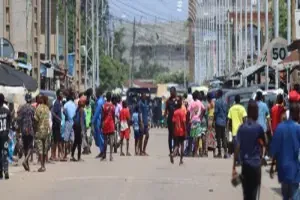
On June 6, coinciding with President Faure Gnassingbé’s birthday, youth-led protests erupted across the capital and towns in Togo. The protests were sparked by the arrest of popular rapper Aamron, known for his vocal criticism of the regime’s corruption and abuse of power.
According to reports, Aamron, whose real name is Essowe Tchalla, was detained on May 26 after calling for a satirical mobilisation on the president’s birthday. He reappeared in a video apology after more than a week in detention, expressing regret for his comments about the head of state.
The protests mark a shift in Togo’s political landscape, as they are entirely youth-led without involvement from political parties or organised civil society organisations. Young activists, artists, and social media influencers have been instrumental in mobilising support, utilising platforms like TikTok to expose the regime’s actions and rally the populace.
They are demanding an end to political persecution, economic oppression, and arbitrary arrests and detentions. Since the 2017–2018 protests, which called for the enforcement of term limits and greater democratic freedoms, the Gnassingbé regime has been accused of consolidating power, with reports of over 100 political prisoners and increased militarisation of the country.
The June 6 protests were met with a heavy security presence, including the deployment of soldiers throughout Lomé. Authorities reportedly used tear gas to disperse crowds, and several arrests were made. Despite the crackdown, organisers plan to continue weekly protests in the coming months, aiming to involve more towns outside the capital.
“The goal is to protest weekly for the coming months. Next week, we plan on getting more towns outside of the capital city involved. But the ambience was electric. Our youths are determined,” a source told West Africa Weekly.
This resurgence of activism indicates the growing frustration among Togolese youth over longstanding issues of governance and repression.
Togo has been ruled by President Faure Gnassingbé since 2005, following the 38-year reign of his father. It will be recalled that West Africa Weekly reported that the country entered a new political era on May 3, with the swearing-in of Faure Gnassingbé as President of the Council of Ministers, a role that could have him rule indefinitely.
Read More:
- Nnamdi Kanaga’s ‘Water Girl’ Blends Motherhood, Loss, and Igbo Spirituality
- Malian Customs Seize Over 100 Kilogrammes of Cocaine in Major Operation
About The Author
Related Articles
Ivory Coast to Buy Unsold Cocoa to Support Farmers
Ivory Coast has announced a government plan to purchase unsold cocoa stock...
ByWest Africa WeeklyJanuary 23, 2026Ghana Moves to Reclaim Kwame Nkrumah’s Former Residence in Guinea
Ghana has embarked on a diplomatic and cultural initiative to reclaim the...
ByWest Africa WeeklyJanuary 23, 2026Senegal Honors Players and Coach After AFCON Triumph
Senegal has formally honored its Africa Cup of Nations winning team, awarding...
ByWest Africa WeeklyJanuary 23, 2026Burkina Faso, Mali, and Niger Turn to Russia for Shared Telecom Network
Burkina Faso, Mali, and Niger have announced plans to develop the Sahel’s...
ByWest Africa WeeklyJanuary 23, 2026






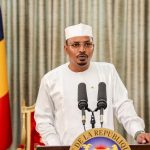

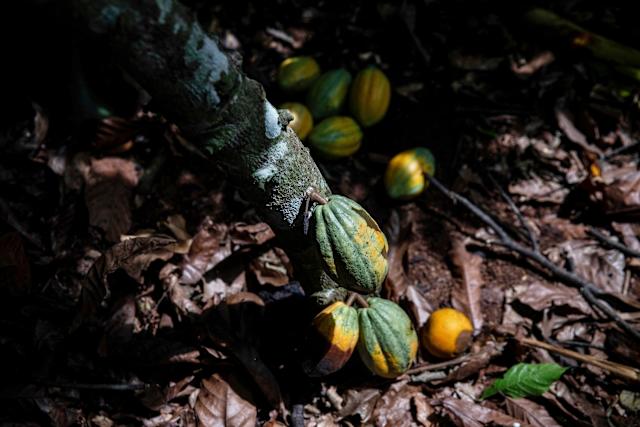

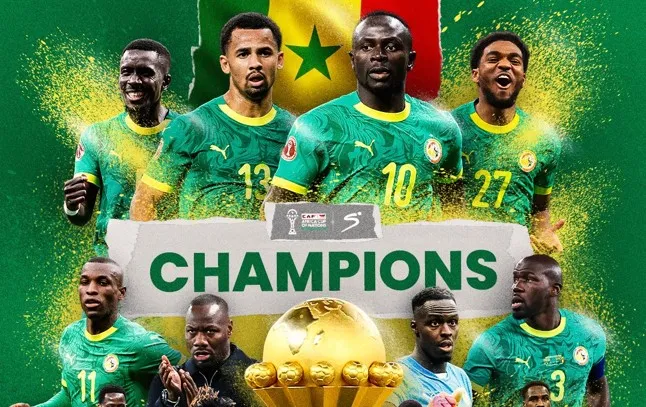
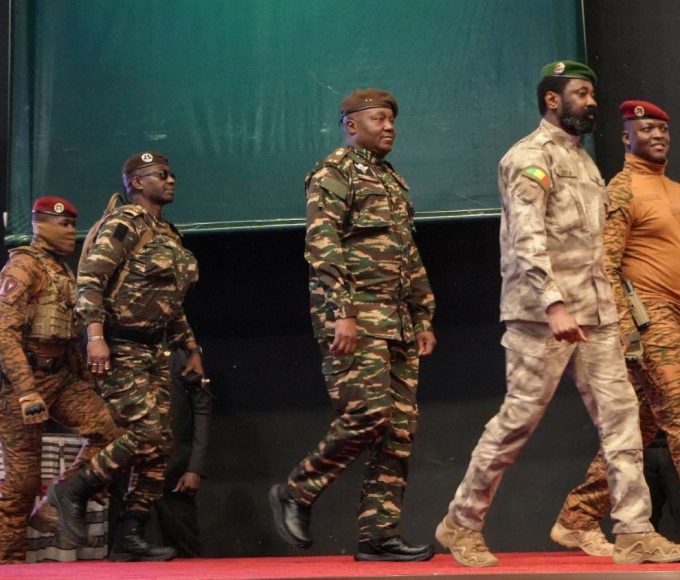
Leave a comment